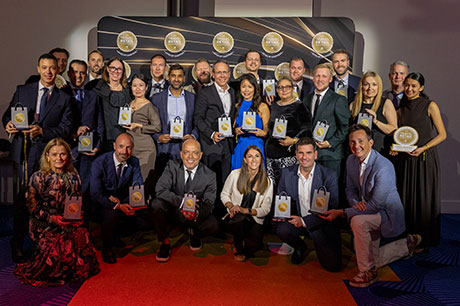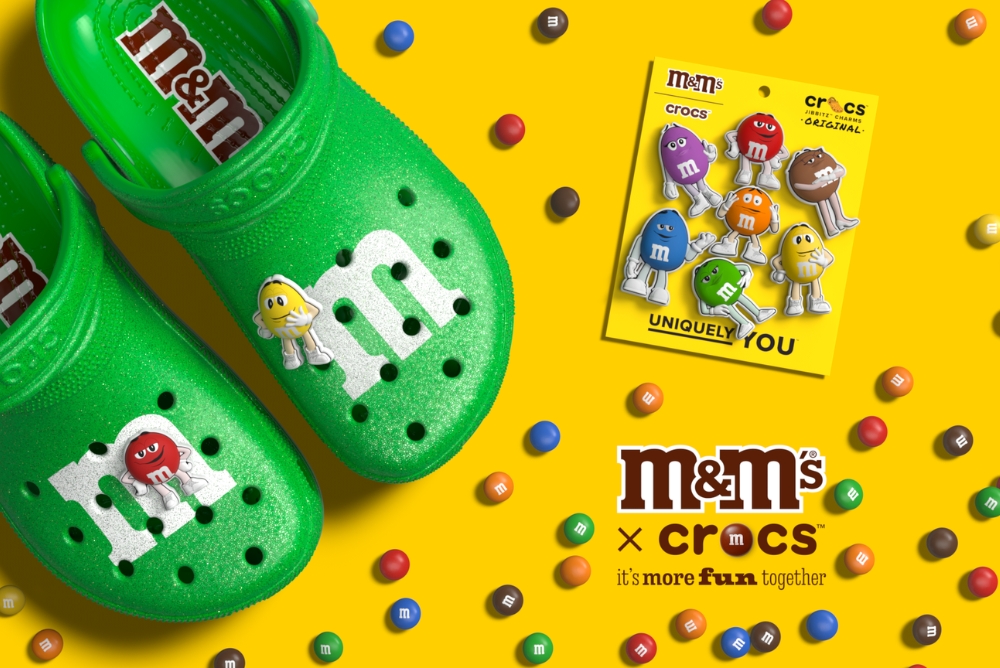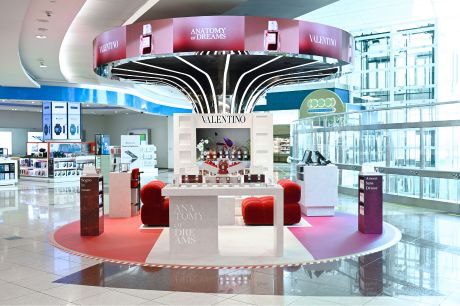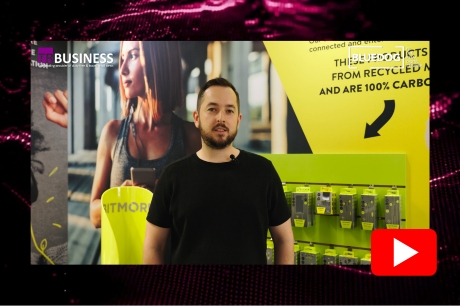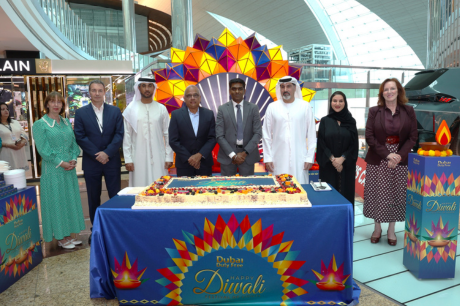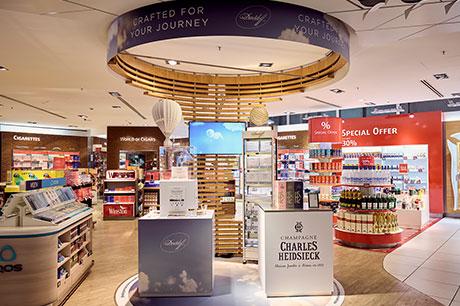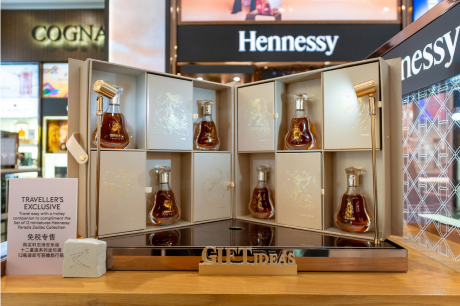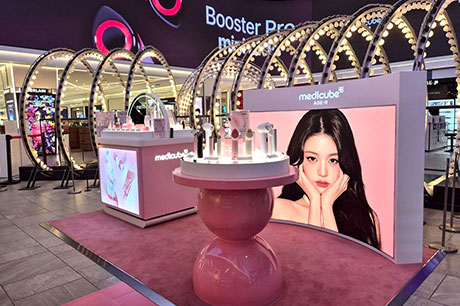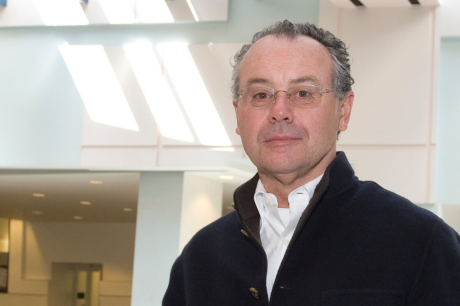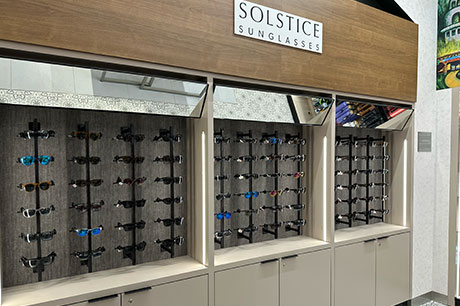TR Sustainability Week: Cost of sustainable products ‘small’ in F&B
By Kristiane Sherry |

Cost shouldn’t stop sustainability gains, a TR Sustainability Week panel has said.
“A sustainable product is not that much more expensive than an unsustainable one,” a TR Sustainability Week speaker said, imploring other brands to put people and planet before profit.
Tony’s Chocolonely Impact Navigator Pavithra Ram has called for businesses to “actually put purpose and purpose, planet and people over profits” in a panel discussion exploring sustainability in food and beverage.
She made the comments on the Great Taste Revolution panel at TR Sustainability Week. She was joined in the online discussion by Suvi Reinikkala, Anora Spirits Marketing Director, Russ Wakeham, Two Drifters Distillery CEO, and Louisa Ziane, Toast Ale COO.
“A sustainable product is not that much more expensive than an unsustainable product,” Ram said, offering a breakdown of costs in a Tony Chocolonely bar.
“Tony spends around 7-8% of our net revenue on impact and sustainability. If you compare that to some of the bigger players who make huge profits but spend about maybe less than 1%, it does make a difference.”
She continued: “In terms of amounts, it may seem much bigger when you read headlines about billions being invested in sustainability programmes. But if you see how much of a dent that makes in their own margins, it’s very small.”
Tony Chocolonely sources its cocoa from Ghana and Côte d’Ivoire, where the majority of the world’s supply is grown.

A Tony Chocolonely activation in the channel.
Beans are fully traceable, and the company strikes five-year deals with cooperatives to pay farmers well and eliminate child labour.
“Businesses need to put purpose over everything else,” she continued. “We talk a great deal about the price of sustainability, and there is a price associated with it. But really someone is always paying that price.
“In the case of cocoa, farmers are paying the price of not being paid enough. Whether it’s businesses, whether it’s consumers, or whether it’s people at the very start of that value chain, it’s really about who is paying that price for sustainability.
“For systemic change to happen. It’s really a multi, multi stakeholder collaborative effort.”
TR Sustainability Week: Consumers ‘worried about climate
Anora’s Reinikkala pointed out that consumers are increasingly worried about climate change. “But it’s more than that. It’s also ethical and moral values.
“People think that companies and brands should care more about these things and not so much be driven by profits. That’s the consumer mindset that they really value – companies and brands that are putting in the time and the effort, knowing that it will cost and knowing that it will be difficult.”
The Koskenkorva vodka-maker has some of the most ambitious sustainability goals in the industry, including being carbon-neutral at the brand’s distillery by 2026. Its entire operations will follow by 2030 – achieved without offsetting.
“Sustainability is not something that we just came up with because it’s trendy,” Reinikkala continued. “Our factory has been running on bioenergy for years. Our 100% recycling rate has been there for a long time.” She added that communications have been ramped up more recently due to consumer demand for transparency.

Koskenkorva Climate Action Vodka is walking the walk.
Regenerative farming is also a strong focus. “If everything in the world would be farmed regeneratively, we would be able to remove over 320 billion tonnes of carbon dioxide from the atmosphere. That is 10 times the emissions today,” she detailed.
While there is an increased cost associated with regenerative farming, she feels consumers are willing to pay more.
“It was a massive eye-opening thing for us to realise that if we can make a change, it’s not only us. If we can get the world to follow, then the impact will be huge.”
Foremost you must have a ‘great product’
Two Drifters is a carbon-negative rum made in the UK. Despite this, CEO Wakeham was adamant that product quality still comes first in consumers’ eyes.
“Sustainability is all well and good, and it’s great to have good intentions and stuff,” he mused. “It’s all well and good doing these good things but first and foremost must have a great product.”
The rum is carbon negative through a partnership with Climeworks. He sees it as a climate tax – where emissions cannot be reduced, a fee is paid to remove it from the atmosphere.
Wakeham said this tax-type model would make an enormous difference to cutting emissions across the drinks industry.
“If there were a carbon tax, then you would see [others] come into line,” he said. By his estimates, comparable rums weigh in at 2.95 kilos of CO2 for a bottle. Two Drifters accounts for just over one kilo.
“If every business did that, if every business wrote in and the cost, then there would be a large shift in terms of what we do.
“You wouldn’t put up with the extra costs for very long when there’s more investment required to get the capital infrastructure there in order to bring the carbon impact down.”

The Sustainaholics Alumini formats
When calculating his carbon ‘tax’ he also takes into account the end consumption point for his rum.
“If you think of a bar, a bar has lights on, it has heating, it has water, and all of these things are causing CO2 emissions,” he details. “We take a proportion of what a bar’s average is or what retailers use.” For travel retail or inflight, there is a huge carbon ‘cost’.
Two Drifters is represented by Sustainaholics in GTR, which offers the rum in 5cl aluminium ‘Alumini’ miniatures.
“Transforming from glass across to 100% recycled aluminium as these are, the weight saving is enormous. But not only that, it’s space. There’s less damage from breakages.”
Valuing food
Ziane, COO at Toast Ale, reminded TR Sustainability Week delegates that the food system itself is a huge cause of environmental degradation.
“It’s responsible for 80% of deforestation, and yet we waste a third of all the food that we produce globally,” she said. Data also shows the food supply chain contributes to around 30% of total greenhouse gas emissions.
“We saw that there was a real opportunity growing in the circular economy to create delicious products that could both solve a problem and raise awareness of some of these issues amongst consumers.”
Toast Ale is made using leftover bread from bakeries and sandwich factories. “Having a really delicious beer that is produced from surplus was really important to us.”
The bread is dried to a crumb that is then used to replace around 25% of barley in the recipe. “Barley is one of the biggest parts of the carbon footprint of beer,” Ziane calculated. “By directly reducing it, we’re reducing carbon, but we’re also freeing up the land that would have been used to grow that barley, and the energy and water that is also required to produce the barley in the first place.”
All profits from Toast Ale purchases go to charity, the main one being Feedback which tackles food waste.
“‘Activism’ can have bad connotations sometimes, but activism can mean many things,” she continued. “At its essence, it is just being active and having a voice, having a say.
This resonates with consumers. “One of the things that we’ve found amongst our consumers is not only are they wanting to shop differently, to choose products that are helping them to do their bit, but they’re wanting sport to do things like make changes more broadly in their lives. We’re using platforms to provide education and information.”
The Toast Ale recipe is open-source to encourage other makers to adopt their practices. Collaborations take more official forms, too.
In terms of travel retail, the brand is available on board British Airways, and it is just about to make its airport debut.
“What we would really love is to find ways to make the beers more circular,” Ziane stated. “And to work with partners who perhaps are sourcing sandwiches from a bakery. We can work with that bakery, to source the bread, that surplus and then use that in our products.
“And then we can create more separate products for the industry as well as just selling in the mix. Those sorts of partnerships are what I really want to develop.”
TR Sustainability Week coverage continues online.
Winners revealed: Global Travel Retail Awards 2025
TRBusiness is thrilled to reveal the winners of the 2025 Global Travel Retail Awards, which...
M&M’S and Crocs unveil limited-edition collection fusing fashion and fun
Mars Wrigley International Travel Retail is debuting the first-ever M&M’S collaboration...
Valentino Beauty debuts Anatomy of Dreams collection at Dubai Duty Free
L’Oréal Travel Retail and Valentino Beauty have introduced the Anatomy of Dreams fragrance...

In the Magazine
TRBusiness Magazine is free to access. Read the latest issue now.

 Trbusiness. The travel retail Trbusiness. The magazine for global retail and duty free professionals.
Trbusiness. The travel retail Trbusiness. The magazine for global retail and duty free professionals.